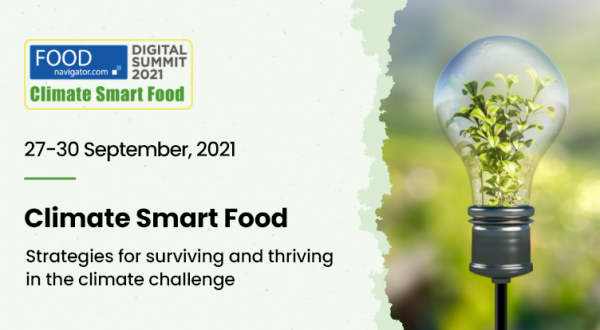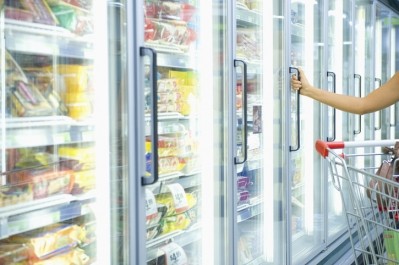‘We’ll hit net-zero well before 2050’: Nomad decarbonises value chain with new interim targets
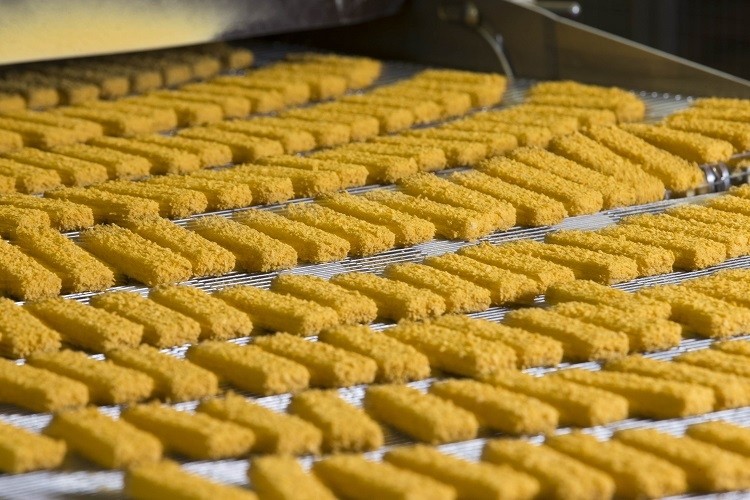
Nomad Foods is best known for its stronghold in frozen fish and seafood offerings across the bloc. But the owner of Birds Eye, Findus, and Iglo is also a major player in frozen vegetables, including ‘family favourite’ Birds Eye peas in the UK and meat-free brand Green Cuisine.
All of these products, from both land and sea, are subject to new interim greenhouse gas (GHG) emission targets announced by Nomad Foods this week.
The frozen food giant’s announcement comes as it commits to the Business Ambition for 1.5°C campaign, as well as the United Nations’ ‘Race to Zero’.
“We are excited that the Science Based Targets initiative (SBTi) has validated our emission reduction targets and as we commit to the Business Ambition for 1.5°C campaign and the UN’s Race to Zero, we recognise that we cannot succeed on our own,” noted Nomad Foods’ CEO Stéfan Descheemaeker.
New interim targets
Nomad Foods aims to achieve its ‘ambitious’ interim targets by 2025. These include a 45% reduction per ton of product produced across scope 1, 2 and 3 greenhouse gas (GHG) emissions from purchased goods and services, upstream transportation and distribution, waste, and upstream leased assets, compared to 2019 figures.
In absolute terms, the company is aiming for a 25% reduction in GHG emissions over the next four years.
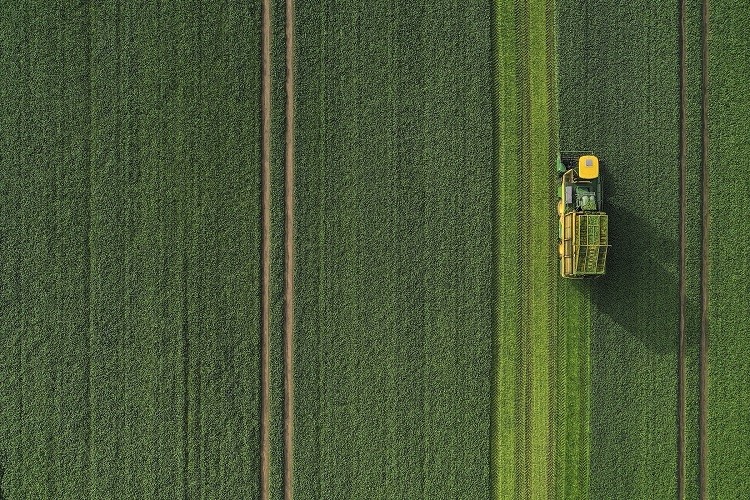
Descheemaeker told us the company will also ‘provide vital support’ to its suppliers, ensuring that the top 75% by emissions develop their own science-based targets by 2025.
Espersen, which processes frozen fish blocks and frozen fish fillets, is one such supplier. “The fact that Nomad Foods’ climate goals have been approved by the SBTi sends a clear signal to us as a strategic supplier to reduce our own emissions further,” noted Espersen CEO Klaus Beyer Nielsen.
“In addition, we will also urge our producers to reduce their climate impact.”
Spotlight on fishing
The majority of Nomad Foods’ carbon-related emissions comes from within its own operations, notably from waste, energy, and water.
However, reducing emissions related to fish sourcing is also crucial to the company’s achievement of its 2025 targets.
“We want to be the recognised leader in fish sourcing,” Descheemaeker told this publication. “This means sourcing our fish and seafood products with care and respect for people and the environment.”
Nomad Foods’ ambition is to use 100% fish and seafood from sustainable fishing and responsible farming by the end of 2025. “In 2020, we achieved 96%, so we are well on our way to achieving this,” the CEO continued.
“As part of today’s announcement, we have set out our target to work with our top 75% of suppliers by emissions, to ensure they develop their own science-based targets by 2025.
“Although fishing is not the most carbon intensive activity within our business, this commitment will certainly benefit a number of our fish and seafood suppliers, who we will work with closely, including developing joint business plans that incorporate GHG emission reduction measures.”
Progress to net-zero
Nomad Foods believes it is headed for net-zero ‘well before 2050’, and its latest announcement will help ensure it gets there.
“By focusing on our 2025 milestones in the first instance, we will almost halve emissions per ton of product and ensure the top 75% of our suppliers by emission have science-based reduction targets in place,” said the CEO. “In turn, this will help ensure we reach net-zero well before 2050.”
A ‘detailed carbon reduction roadmap’ has been developed for the business, Descheemaeker revealed. Consisting of projects in areas such as waste management, utility monitoring and switching the renewable energy, Nomad Foods will ‘share further details' of the road map 'in due course’.
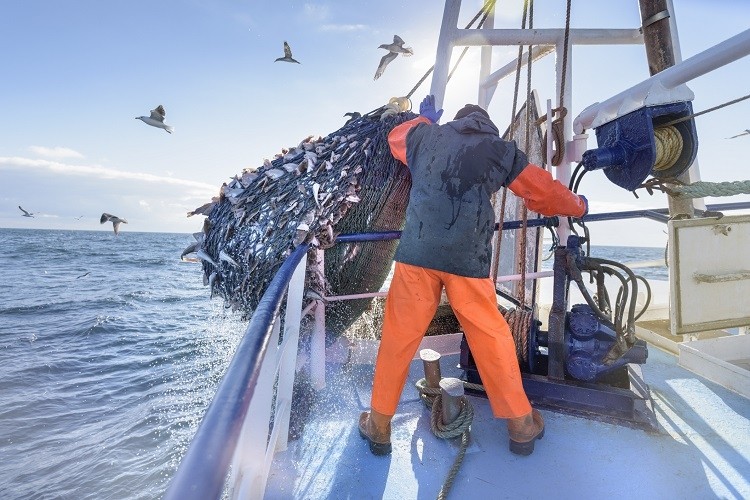
The company has already made progress in a number of areas. In 2020, Nomad Foods reduced carbon emissions per ton of finished goods by more than 20% and absolute emissions by close to 11%, despite ‘dramatically increased’ production volumes as a result of the COVID-19 pandemic, stressed Descheemaeker.
The main drivers of its intensity reduction were better management of waste and materials for re-use; efficiencies in production; and increased usage of renewable energy. Indeed, the company is on track to move to 100% renewable electricity across all factories – with the exception of newly acquired Findus Switzerland – by next month.
And concerning food waste, last year Nomad Foods became a signatory of the 10x20x30 global initiative to halve food loss and waste in supply chains by 2030.
The path to net zero will come under the microscope at our upcoming event, Climate Smart Food. We'll be discussing a variety of issues, from sustainable sourcing and consumption to the food and ag tech that will support systems transformation.
With the food system contributing around one-quarter of greenhouse gas emissions today, it is clear that business-as-usual is not an option. So what needs to change if we are to transition towards truly sustainable nutrition? Join us to find out.
To register for free, click HERE, or to view details of our full programme, click HERE.
